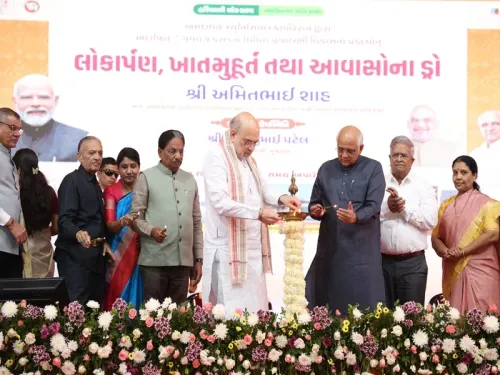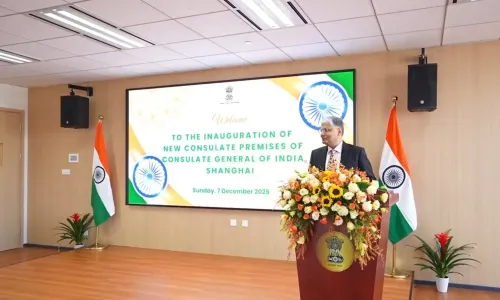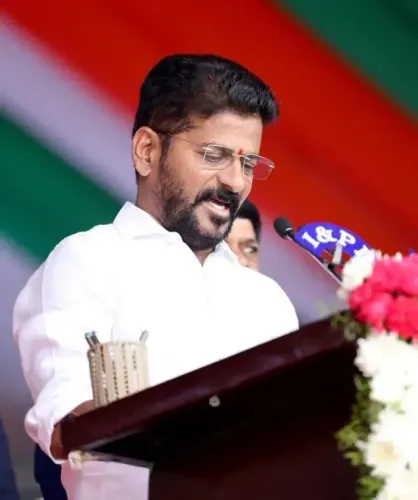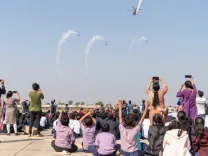How is India and the UN Addressing Maritime Terrorism and Piracy?
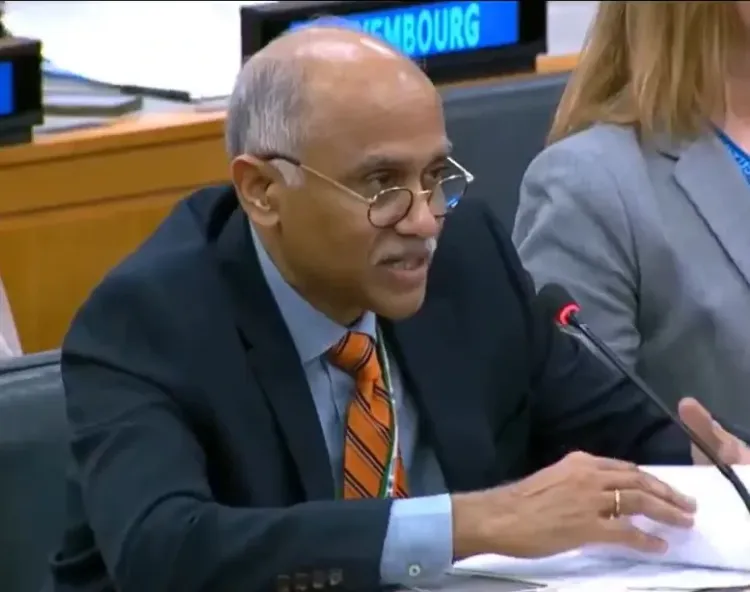
Synopsis
Key Takeaways
- India's maritime security strategy addresses both traditional and nontraditional threats.
- International cooperation is vital for enhancing maritime safety.
- Proactive measures by the Indian Navy have significantly protected merchant vessels.
- The MAHASAGAR initiative promotes global maritime cooperation.
- Joint naval exercises strengthen ties with partner nations.
United Nations, May 21 (NationPress) Combating maritime terrorism and ensuring the safety of sea routes are vital components of India's national security and economic interests, stated India's Permanent Representative, P Harish.
According to Harish, "India perceives maritime security and the fight against terrorism as crucial to its national security and economic objectives."
He elaborated that "India’s maritime security strategy is extensive and multifaceted", tackling both traditional threats posed by state actors and nontraditional dangers such as terrorism, piracy, hybrid threats, smuggling, human trafficking, and illegal fishing.
The issues of terrorism and piracy were echoed by other participants during the Security Council's open debate on enhancing maritime security.
Secretary-General Antonio Guterres emphasized that no nation is immune from the challenges posed by piracy, armed robbery, trafficking, organized crime, and acts of terrorism in maritime domains.
He warned, "And the problem is getting worse."
During the session, Kyriakos Mitsotakis, the Greek Prime Minister and current Council president, expressed similar concerns regarding “asymmetrical maritime threats, including smuggling, terrorism, piracy, and hybrid attacks affecting not just ships but also port operations.
Harish pointed out that "India’s maritime security strategy emphasizes robust surveillance, effective coordination, and prompt response capabilities to safeguard its extensive coastline and maritime routes."
Moreover, he mentioned that New Delhi’s approach balances defense capabilities, regional diplomacy, international collaboration, and domestic infrastructure development.
This strategy is supported by Prime Minister Narendra Modi’s vision of MAHASAGAR, which stands for Mutual and Holistic Advancement for Security and Growth Across Regions, and coincidentally means 'ocean' in Hindi.
This initiative encourages safety and cooperation in maritime matters, applicable on a global scale.
Harish cited the Indian Navy's proactive measures against shipping attacks and piracy in the Western Arabian Sea, where it deployed over 35 ships, responded to 30 incidents, and conducted more than 1,000 boarding operations.
These efforts successfully rescued approximately 520 crew members from various nations and protected 312 merchant vessels, carrying over 11.9 million tons of cargo valued at more than $5.3 billion.
The Indian Navy also played a crucial role in defending ships against Houthi attacks and rescuing crew members in the Red Sea while countering piracy threats.
In addition, India conducted humanitarian operations across Myanmar, Laos, and Vietnam in response to last year's Typhoon Yagi.
Harish emphasized India's collaboration with other nations to ensure maritime security through participation in joint naval exercises at both regional and global levels.
One significant event was the large-scale AIKYAME exercise last month, involving ten African nations. The Sanskrit word for unity, AIKYAME, symbolizes “Africa India Key Maritime Engagement.”
This six-day exercise, co-hosted by Tanzania, took place off its coast, with participation from nine African countries, spanning from Djibouti to South Africa.



